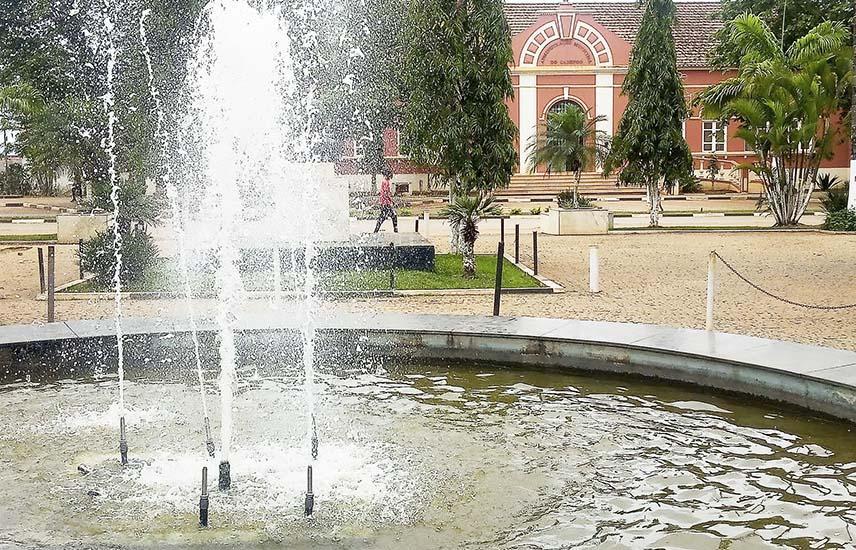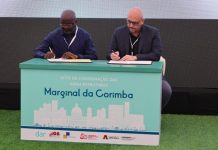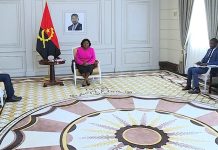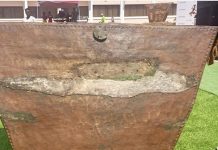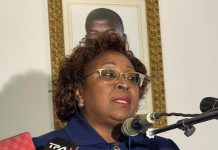Africa-Press – Angola. The Provincial Office for Culture, Tourism, Youth and Sports intends to transform the house of the first president of Angola into a museum, for the preservation of the history, culture, habits and customs of the people of Cuanza Norte.
Located in the Botanical Garden of Kilombo, the residence, which served as a place of rest and leisure for Agostinho Neto, is degraded and overgrown with grass, with difficult access due to the time without use.
According to the provincial director of Culture, Youth and Sports, Carlos Rosa, the institution intends to rehabilitate the residence, inscribe it as cultural heritage and transform it into a museum, taking into account its importance for the country’s history and for tourism.
Once completed, the project included in the institution’s action plan for this year will be the first museum in the province.
The Botanical Garden, he said, now under the Ministry of Agriculture and Forestry, has cultural, historical and tourist aspects that should not be neglected.
He believes that with the construction of the museum, the place will attract more tourists and students to learn more about its history.
Rosa Carlos made it known that there are several scattered pieces that portray the history and culture of the local people that need to be treated, cataloged and preserved, because they run the risk of being degraded by the passage of time and the conditions in which they are stored.
“The people of Cuanza Norte, like others in Angola, also need a museum because they have traits and aspects of their cultural and historical identity, habits and customs that must be preserved”.
He considered that the greatest concern was related to oral sources, whose testimonies and experiences should be recorded for new and future generations.
“The province is losing a lot because the oral sources pass”, he lamented, maintaining that there are several aspects of the history of the people of Cuanza Norte that need to be told and registered, but the lack of a museum is making it difficult to carry out this work.
Rosa Carlos also defended the creation of publishing houses to facilitate the publication of literary works on the history of the province, considering that there are many authors who are unable to publish their books.
Any museum is, in the definition of the International Council of Museums (ICOM, 2001), “a non-profit, permanent institution in the service of society and its development, open to the public and which acquires, conserves, researches, disseminates and exhibits the material testimonies of man and his surroundings, for the education and enjoyment of society”.
We can also find poetic definitions, such as the one offered by the Instituto Brasileiro de Museus, the highest museological instance in Brazil: “Museums are houses that keep and present dreams, feelings, thoughts and intuitions that take shape through images, colors, sounds and shapes
Museums originated from the human habit of collecting, which was born along with humanity itself. Since remote antiquity, man, for infinite reasons, collects objects and assigns them value, whether affective, cultural or simply material, which justifies the need for their preservation over time.
Museums are important instruments for preserving the cultural memory of a people, and responsible for their tangible or intangible heritage. In the beginning, its purpose was only to safeguard and not to disseminate cultural information.
For More News And Analysis About Angola Follow Africa-Press

